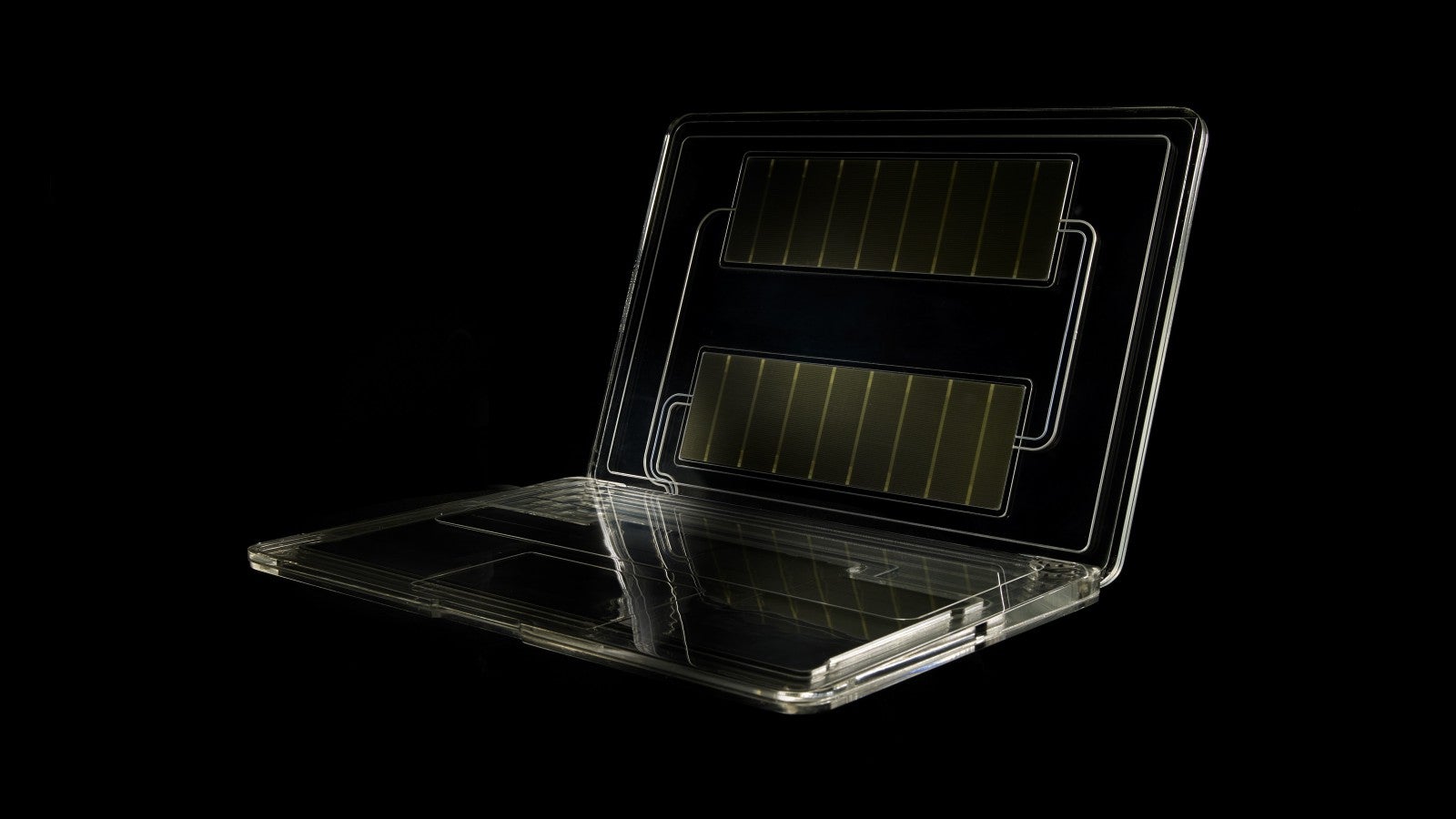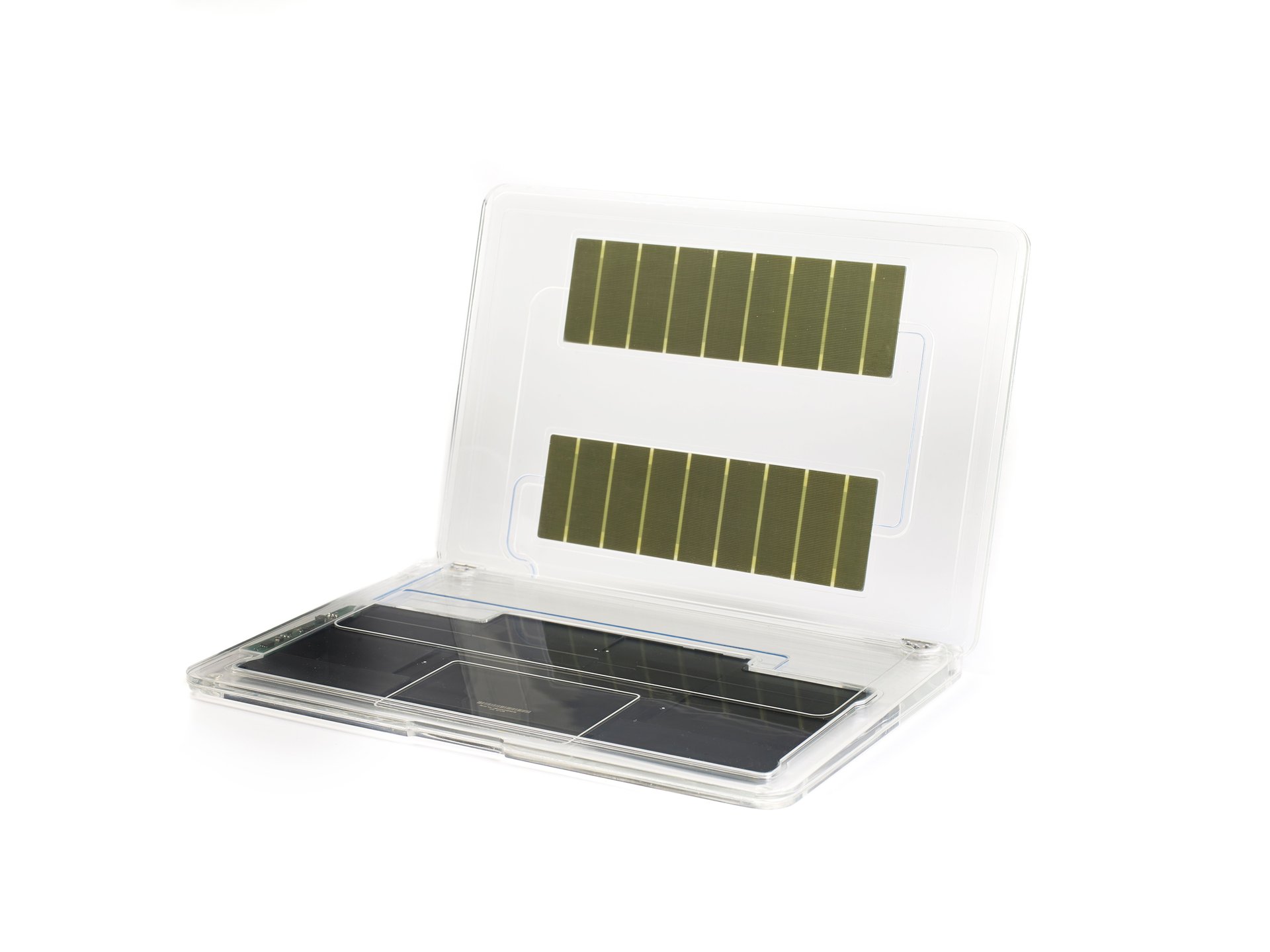A slave to the grid no longer: A laptop powered by fuel cells is in development
This post has been corrected.


This post has been corrected.
It’s a relief to find a café with good WiFi service. But if there aren’t any power sockets available, even the best network will be useless to you once your phone or laptop loses its charge.
This is a conundrum not just for hipsters in coffee shops but across great swaths of the developing world, especially Africa (pdf, p.159), where the lack of reliable electricity means just keeping a mobile device running is often a challenge.
One UK-based company thinks it has the answer: hydrogen fuel cells, such as those used to power some cars.
Intelligent Energy started as an offshoot of Loughborough University, where it did its first experiments back in 1988. It listed on the London Stock Exchange a year ago. Henri Winand, the company’s CEO, has a goal of developing a technology once, and then applying it in a multitude of different ways. In the case of the hydrogen fuel cells, this could mean powering a London taxi, a fleet of remote mobile towers in India—or a piece of personal mobile hardware, like a phone or laptop.
Hydrogen fuel cells work by exploiting a chemical reaction between hydrogen—the fuel—and oxygen. When the two come into contact they produce electricity, with the byproducts of water and heat, but no C02 emissions.
The technology for power accessed off the electric grid would seem to be particularly suited to telecoms, an industry that Winand says has spent years “cutting the data cable.”

“But one cable that the industry has never cut is the power cable. We are still, every now and again, coming back to the wall to recharge,” Winand says.
Intelligent Energy has tested Upp, a fuel-cell pack into which users plug their device to recharge it, in Nigeria and the UK, and soon will begin testing it in India. But the goal is to create devices with fuel cells integrated into the design.
The company hopes to release either a laptop or phone with integrated fuel cells by 2017 or 2018. Users would need to carry around a small cartridge of hydrogen-based fuel in place of a regular electric charger. The company won’t say yet where the launch will take place, or what device it’ll choose. But it’s confident that the possibility of freeing people from the grid is there.
Correction (June 30th): An earlier version of this article said that a device with integrated fuel cells could be available in 2016.